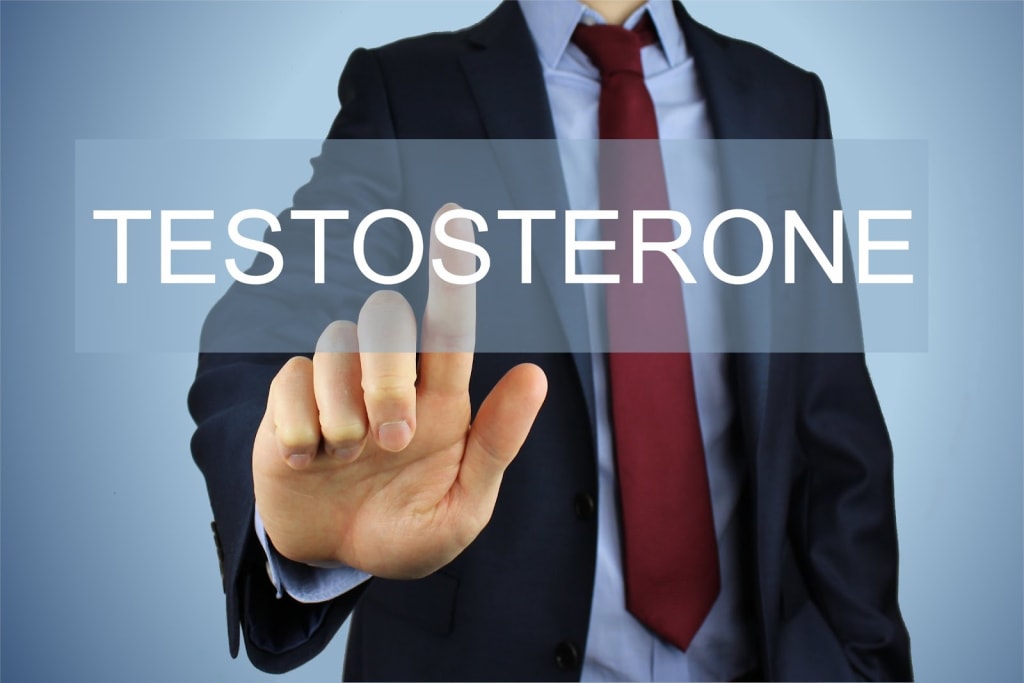Understanding Testosterone: Its Functions and Importance in Men’s Health
Testosterone is an essential hormone

Testosterone is an essential hormone that plays a vital role in the development and maintenance of male characteristics. It is primarily produced in the testes and also, in smaller amounts, by the adrenal glands. Testosterone levels in men can fluctuate throughout their lifetime, and low levels can significantly affect overall health and well-being. In this article, we will delve deeper into the functions of testosterone, the symptoms of low testosterone, and the various treatments available to address low levels of this hormone.
What is Testosterone and How Does it Work?
Testosterone is a steroid hormone responsible for the development of male sexual characteristics, including body hair, muscle mass, and a deep voice. It also plays a crucial role in the production of sperm and the regulation of sexual drive. The Leydig cells in the testes produce testosterone, and the amount produced is regulated by the pituitary gland in the brain. Testosterone levels in men are highest during adolescence and early adulthood and gradually decline with age.
Functions of Testosterone in the Body
Testosterone plays a critical role in several aspects of male health, including sexual function, muscle mass and bone density, fat distribution, mood, and energy levels.
Sexual Function
Testosterone is a key hormone in the development of male sexual characteristics and is responsible for regulating sex drive, erectile function, and the production of sperm.
Muscle Mass and Bone Density
Testosterone is essential for the development and maintenance of muscle mass and bone density. Low levels of testosterone can lead to a loss of muscle mass and strength, as well as an increased risk of osteoporosis.
Fat Distribution
Testosterone helps regulate the distribution of fat in the body. Low levels of testosterone can lead to an increase in body fat and a decrease in muscle mass.
Mood and Energy Levels
Testosterone has been shown to have an impact on mood and energy levels. Low levels of testosterone can lead to feelings of fatigue, low energy, and depression.
Symptoms of Low Testosterone
Low testosterone levels, also known as hypogonadism, can cause several symptoms that can impact a man’s overall health and well-being. These symptoms can include:
- Low sex drive
- Erectile dysfunction
- Loss of muscle mass and strength
- Fatigue and low energy
- Decreased bone density
- Depression and mood swings
- Increased body fat
- Decreased body hair growth
- Hot flashes
Diagnosing Low Testosterone
Low testosterone levels can be diagnosed through a simple blood test. A doctor may also perform a physical examination and review the patient’s medical history to rule out other underlying conditions that could be causing the symptoms.
Treating Low Testosterone
Several treatment options are available to address low testosterone levels, including testosterone replacement therapy, lifestyle changes, and medications.
Testosterone Replacement Therapy (TRT)
TRT involves the use of synthetic testosterone to replace low levels of the hormone. TRT can be administered through injections, patches, gels, or pellets.
Lifestyle Changes
Making lifestyle changes such as exercising regularly, eating a healthy diet, and getting enough sleep can help boost testosterone levels naturally.
Medications
Certain medications, such as clomiphene citrate and hCG, can be used to stimulate the production of testosterone in the testes.
Conclusion
Testosterone is a hormone that plays a crucial role in men’s health and well-being. Low levels of testosterone can lead to a range of symptoms that can impact the overall quality of life. However, several treatment options are available to address low testosterone levels and improve symptoms. If you are experiencing symptoms of low testosterone, it is recommended that you talk to your doctor about the best course of action for you.
About the Creator
John Stallenberg
https://heylink.me/Geebua2Hustle/






Comments
There are no comments for this story
Be the first to respond and start the conversation.